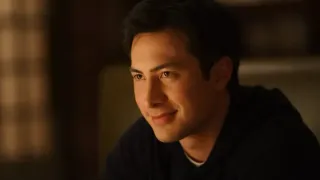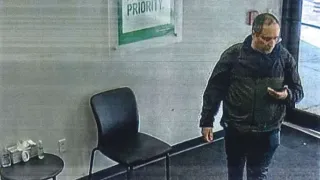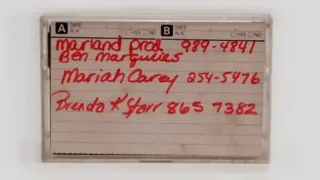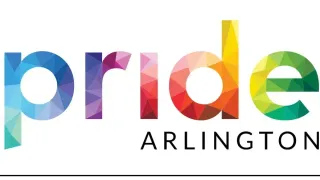May 5, 2016
Attorney: Prosecutors Dropping Marijuana Dispensary Case
Sudhin Thanawala READ TIME: 2 MIN.
Federal prosecutors have agreed to drop a nearly four-year effort to seize the property of a California medical marijuana dispensary billed as the nation's largest, the dispensary's attorney said Tuesday.
Henry Wykowski, the attorney for Harborside Health Center in Oakland, said prosecutors did not explain why they were dropping their civil forfeiture case against Harborside. He said the paperwork still has to be filed with the court, which he expected would happen this week.
"It's a wonderful victory for the patients," Wykowski said at a news conference. "It's a wonderful victory for the industry."
The U.S. Attorney's Office in Northern California had no comment, spokesman Abraham Simmons said. Former U.S. Attorney Melinda Haag said at the time she began the process to seize Harborside's property in 2012 that it violated federal law by selling pot, even though medical marijuana was legal in California.
The federal government's decision to end the case against Harborside would be the second time in recent months it has backed off a California medical marijuana dispensary. Prosecutors dropped their appeal of a judge's October ruling in a similar case against the Marin Alliance for Medical Marijuana.
U.S. District Court Judge Charles Breyer said a recent federal law limited the U.S. Department of Justice's ability to enforce an injunction against the Marin Alliance. That law says the Department of Justice cannot use funds to prevent states that allow medical marijuana from implementing their own laws that allow its use, distribution and possession.
Prosecutors can only enforce a permanent injunction against the Marin Alliance to the extent it is not complying with California law, Breyer said.
The Department of Justice has also recently said it won't interfere with state marijuana laws as long as the states tightly regulate the drug and make efforts to keep it from children, criminal drug cartels and other states.
"We are beginning to see the beginning of the end of federal prohibition," Harborside's executive director, Steve DeAngelo, said.
The City of Oakland filed a lawsuit trying to block the Harborside seizure in what was thought to be the first such lawsuit brought by a local government on behalf of a pot shop. The city argued that Harborside's closure would deprive it of much-needed tax revenue and increase crime by creating a black market for marijuana.
City officials, including Mayor Libby Schaaf, joined DeAngelo and Wykowski at Tuesday's news conference.






